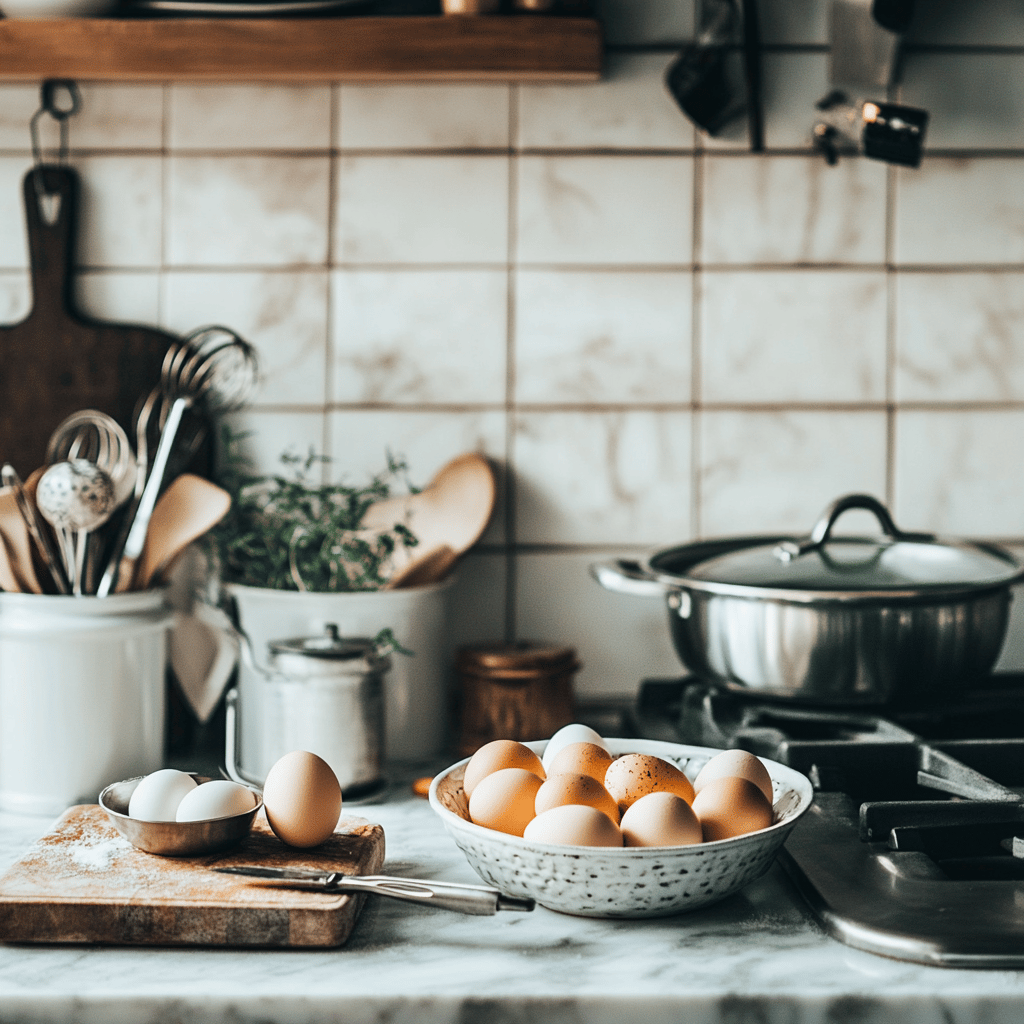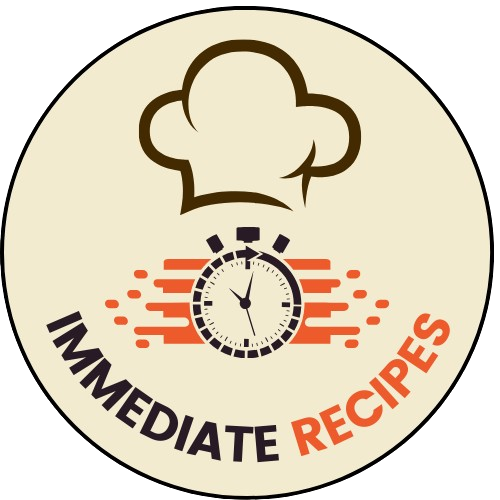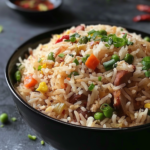The Best Fluffy Pancakes recipe you will fall in love with. Full of tips and tricks to help you make the best pancakes.

How to Boil Eggs Perfectly Every Time
Boiling eggs may sound simple, but achieving the perfect boil can be surprisingly challenging. Whether you’re aiming for a soft, runny yolk or a hard, crumbly one, understanding the nuances of boiling eggs is key to getting it right. In this guide, we’ll explore the best techniques, tips, and tricks to ensure that your eggs come out perfectly every time.
Why Boiled Eggs?
Boiled eggs are not only a versatile ingredient but also an excellent source of protein. They can be enjoyed on their own, used in salads, added to sandwiches, or even transformed into delicious dishes like deviled eggs. Here are a few reasons you should consider boiling eggs:
- Nutritious: Eggs are packed with vitamins, minerals, and proteins.
- Quick and Easy: Boiling eggs requires minimal preparation.
- Versatile: Perfect for breakfast, lunch, snacks, and parties.
The Science Behind Boiling Eggs
Before diving into techniques, it’s important to understand the science behind boiling eggs. The cooking process causes proteins in the egg whites and yolks to coagulate, resulting in solidification. The timing and temperature are crucial because they determine the final texture of the egg. Here’s how the temperature affects the eggs:
- Approximately 140°F (60°C) – Soft, runny yolk.
- Approximately 150°F (65°C) – Creamy yolk.
- Approximately 160°F (70°C) – Slightly firmer yolk.
- Approximately 170°F (76°C) – Hard-boiled egg.
Choosing the Right Eggs
Before boiling, it’s essential to choose the right eggs. Here are a few tips:
Freshness Matters
Use older eggs for boiling. Fresh eggs can be hard to peel due to the pH balance of the egg. As eggs age, the pH level rises, which helps separate the membrane from the shell, making peeling much easier.
Size Matters
Consider the size of the eggs. Large eggs are typically the standard size for recipes, but if you’re using extra-large or medium eggs, you’ll need to adjust the cooking time slightly.
Organic or Conventional?
This choice depends on personal preference, but remember that organic eggs may have variations in size and cooking times.
How to Boil Eggs Perfectly
Now that you have the right eggs, let’s dive into the methods of boiling them to perfection. There are two popular methods: stove-top boiling and steaming. Here, we will discuss both methods in detail.
Stove-Top Boiling Method
This is the traditional way of boiling eggs and is effective for achieving various textures:
- Place Eggs in a Pot: Arrange your eggs in a single layer in a saucepan. Avoid overcrowding to prevent cracking.
- Add Water: Fill the pot with cold water, ensuring there’s at least an inch of water above the eggs.
- Heat the Water: Over medium-high heat, bring the water to a rapid boil.
- Reduce Heat: Once boiling, remove the pot from heat and cover with a lid. This is where timing becomes crucial.
- Set a Timer:
- Soft-boiled: 4–6 minutes
- Medium-boiled: 6–9 minutes
- Hard-boiled: 10–12 minutes
- Prepare an Ice Bath: While eggs are cooking, fill a bowl with ice and cold water. This will halt cooking.
- Transfer the Eggs: Once the timer goes off, carefully place the eggs in the ice bath for at least 5 minutes.
- Peel the Eggs: After cooling, tap the eggs gently on a hard surface, then roll to crack the shell. Start peeling from the wider end.
Steaming Method
Steaming eggs can also yield excellent results. This method is believed to make peeling even easier:
- Prepare the Steamer: Fill a pot with about an inch of water and bring it to a boil.
- Place Eggs in the Steamer Basket: Carefully add your eggs to the steaming basket in a single layer.
- Cover and Steam: Cover the pot with a lid and steam for the desired time.
- Soft-boiled: 6–8 minutes
- Hard-boiled: 10–12 minutes
- Ice Bath: Like the boiling method, transfer the eggs to an ice bath immediately after steaming.
- Peel and Enjoy! Follow the same peeling method as above.
Additional Tips for Perfectly Boiled Eggs
Alarm Clocks Are Your Friends
Timing is essential when boiling eggs. A few extra minutes can turn a soft-boiled egg into a hard-boiled one, so using a timer is crucial.
Don’t Skip the Ice Bath
An ice bath is key in stopping the cooking process quickly, ensuring the desired texture.
Peeling Techniques
If peeling proves difficult, consider trying these tricks:
- Roll the egg gently on the countertop to loosen the shell.
- Start peeling under running water to help with loosening the shell.
- Peel while the egg is still warm for better results.
Storing Leftover Boiled Eggs
Boiled eggs can last for up to one week in the refrigerator. Store them in their shells for the best longevity. If you’ve already peeled them, consider placing them in a bowl of water and covering it to keep them fresh.
Serving Suggestions
Boiled eggs can be enjoyed in numerous ways:
- As a protein-packed breakfast with a sprinkle of salt and pepper.
- Chopped into salads, such as classic potato salad or a refreshing Mediterranean salad.
- Made into creamy deviled eggs for a perfect appetizer.
- Included in a satisfying sandwich or wrap.
Common Mistakes to Avoid
Here are some common missteps that will help you avoid egg disasters:
- Cooking at Too High a Temperature: Rapid boiling can lead to cracked eggs. Keep the heat moderate.
- Skipping the Ice Bath: Letting eggs sit in hot water leads to overcooking.
- Not Using Enough Water: Ensure the eggs are submerged properly, or they won’t cook evenly.
Conclusion
With these easy-to-follow steps and expert tips, you’re now equipped to boil eggs perfectly every time. Whether you enjoy them soft or hard, this versatile ingredient will elevate any meal. So grab those eggs, don your apron, and start boiling! If you liked this, check out our article on Spinach and Eggs Delight for another delicious and nutritious recipe.





